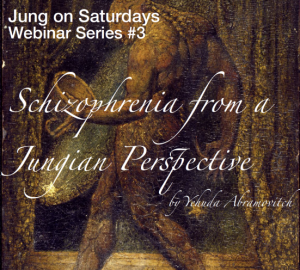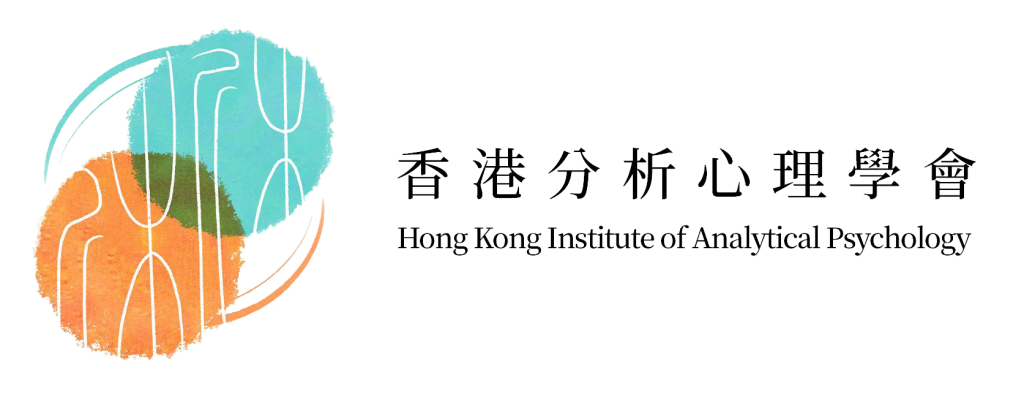
- This event has passed.
Jung on Saturdays Webinar Series 3
2021-05-15 @ 15:00 - 16:30

The tendency of today’s psychiatry is to attribute the psychotic process to alteration in the brain’s anatomy, biochemistry and electrophysiology, thus exempting the subject, i.e. the afflicted person, from responsibility for attachment to reality and their sanity. Jung understood schizophrenia as an ‘abaissement du niveau mental’, a similar phenomenon to the one encountered in dreams, and caused by a peculiar ‘faiblesse de la volonté’. He contested that complexes in schizophrenia, in contrast with neurotic disorders, are disconnected and can either never reintegrate to the psychic totality or can only join together in remission ‘like a mirror broke into splinters’ (Jung 1939, para. 507). Accordingly, a person who does not fight for the supremacy of ego consciousness and has let themselves be swayed by the intrusion of alien contents arising from the unconscious (even to the point of becoming fascinated by regression) is exposed to the danger of schizophrenia.
Abramovitch, Y. (2014), Jung’s understanding of schizophrenia: is it still relevant in the ‘era of the brain’?. J Anal Psychol, 59: 229-244.

Yehuda Abramovitch is a psychiatrist at Beer Yaakov Mental Health Center and at the Department of Psychiatry of the Sackler School of Medicine, Tel Aviv University. He is a senior analyst with the Israel Institute of Jungian Analysis (IIJP), involved in training and teaching. He is co-founder of the Jungian Psychotherapy Program at Bar Ilan University in Israel. He lives and works in Tel Aviv.
FREE and Exclusive for HKIAP members*
* With valid membership from April 2021 to March 2022
Registration: https://forms.gle/RXFkrZo56hjnt1BK9
